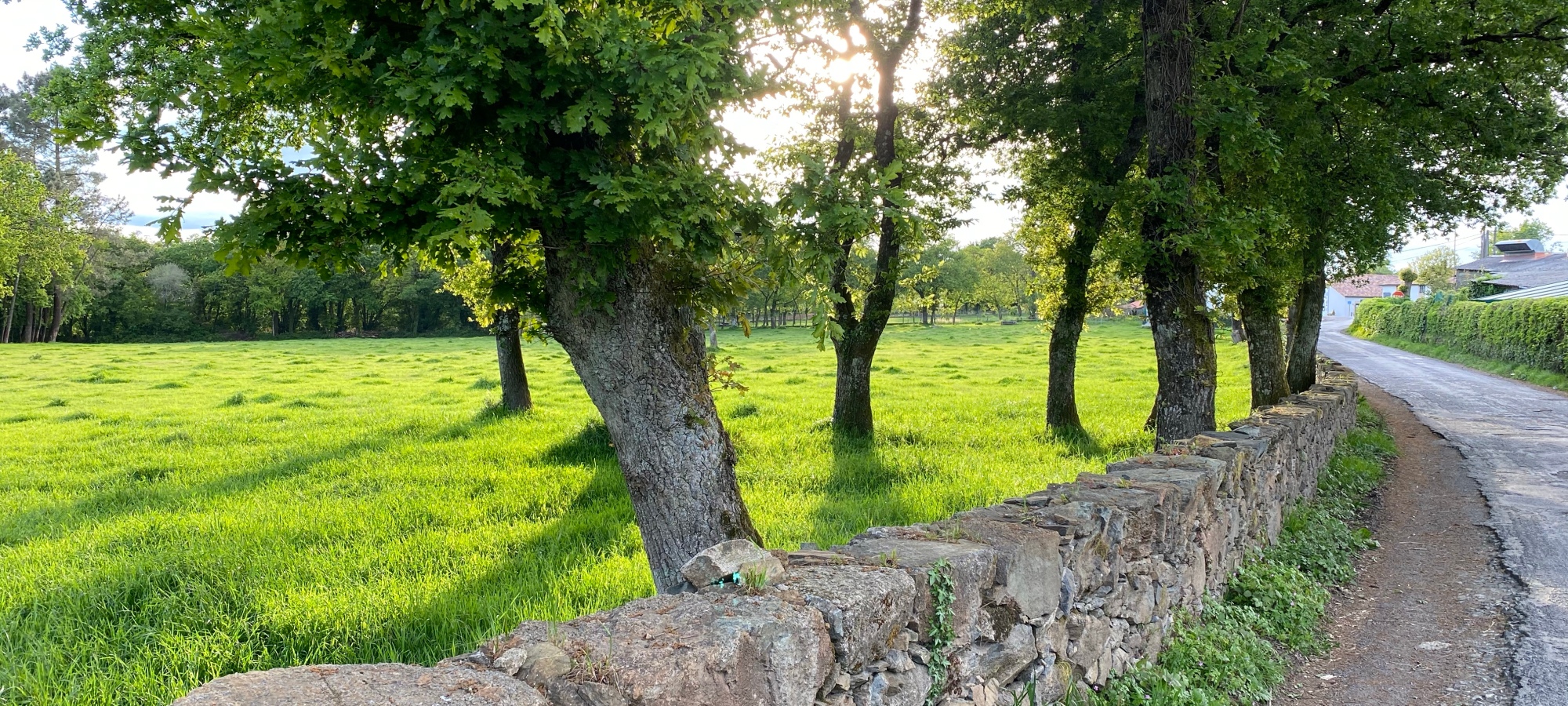In my life, I was never worried about the things I knew I didn’t know. Those I could figure out. Do research, listen to experts, take a class. Perhaps it wouldn’t be easy, but I had confidence I would find a way.
What I was more concerned with is what I didn’t know I didn’t know. That’s where bad assumptions will kill you, every time. So I tried to mitigate this by doing much of my previous strategy. Research, eliciting expertise, and learning from others. But moving to a foreign country takes the I don’t know what I don’t know to an entirely new level. It’s more of I don’t know what I don’t know and I don’t even know how to ask the question in a way that might tell me I am on the wrong track.
If you’ve been a reader of this blog for any length of time, you know I am a fan of idioms. Moving to Spain, I have had to give most of that up. If someone is feeding you a line of nonsense, saying Sorry, but that dog don’t hunt, (meaning ‘What you are telling me doesn’t add up’ aka ‘You’re lying.’) is just going to buy you a confused look and a reputation for being crazy. Ask me how I know. This is the one thing 😉 about me that drives Jeff crazy and, often, before we interact with a service provider, a shop, anywhere, he will remind me to use clear, concise language. Fine.
He’s right, of course. I find that the most formal word in ingles, sometime forgotten English, is often very close to the correct word in español. The example I like to use is the Spanish word Divertido. The word for Fun. If you have ever watched the movie Pride and Prejudice, the adaptation of the book by Jane Austin (my favorite author) you’ll notice she uses the word liberally to describe something fun as ‘very diverting.’ Divertido = Diverting. You see it, right? There are a plethora of examples of this between Spanish and English. Read Jane Austin and your Spanish vocabulary will improve by leaps and bounds. I promise. And you’ll improve your brain at the same time.
But knowing vocabulary is just half the battle. What if your base assumptions are so wrong that every question you ask means nothing to the person you’re asking? This happened to me today. And thank goodness. Just in time before we pick up our food truck.

We went to retrieve our new utility trailer in Lugo today. We have never owned a trailer in Spain. Ironically, by this time next week we will own two. I have been making the assumption that I will receive some temporary documents from the store, or in the case of our food truck/trailer the manufacturer, a temporary license plate made of paper and it will be affixed to the back in plastic, to tow it home. Then we would likely have to go to the itv (vehicle inspection place) or something similar, and register it. We have no idea how to do any of it. I was nervous about this because it means going through more unknowns in Spanish bureaucracy. I can almost feel my hair follicles contracting and a bald spot forming, just from the prospect of it. I have asked our food truck guy in Barcelona so many questions about the registration process, he likely thinks I have a mental problem, and his response is always the same – ‘Don’t worry, Kelli. Tranquila.’ Which is the quickest way to un- tranquila me.
This morning, we pulled up to the utility trailer workshop and trailer was outside ready to go. I had all my questions queued up. But the guy mostly ignored them. He went to work checking and double checking. Break lights, hinges, hitch. It was very thorough. They made adjustments and gave us an adapter for the brake-light plug for free. Then he asked where our license plate was. For the trailer. Jeff and I look at each other and frowned. Confused.
In the US, your trailer doesn’t get a license plate until you formally go to the DMV (Department of Motor Vehicles) and submit the paperwork. After the purchase. Then, they hand you your new registration and the new plate with it’s own unique number. This is not how it works here. It seems that the trailer gets the same plate that the car has. The exact one. You affix it to the trailer and off you go. But where do you get a duplicate plate? The itv? I had no idea.
‘You don’t have another plate?’ The trailer guy asked, as though this is very standard to be traveling around Spain with duplicate car license plates, just in case you want to tow something. He shrugged as we both looked confused. ‘Its OK. I make you one.’ Then he left.
Jeff and I looked at each other. ‘What the hell?’ He said. ‘That guy can’t make a license plate here. They have to be issued by the government.’
But, there he would be wrong. The guy came back and the metal plate looked exactly like the one on the car. He screwed it on to the back of the trailer. I was ecstatic, and impressed. ‘Can I have another one of those?’ The guy shrugged ‘The same number as this car?’ If I said no, he would have made me one with a number of my choosing. Off the guy went, then he returned with a spare license plate. 💥 Mind blown.
In the US, your license plate has all your annual registration stickers stuck to it. You protect that plate. If it’s stolen you have to report it and they give you a new one with a new number. Ironically, many states in the US have convicts in prisons making the actual plates. If someone is convicted of a crime we might say something like ‘He’s going up the river and will be making license plates for the next 5-10 years.’ And we would all know what that meant. But in Spain, it’s nothing like this. It seems plates can be made at your local auto supply store and registration stickers are affixed inside the right corner of your windshield. The license plate is just a number. I could have a dozen, if I wanted.
He handed me the duplicate plate he had just made, and a paper with the trailer details for the glove box. No need to register it. And because it is rated under 750kg, our car insurance covers it. We stood there a little dumbfounded. It couldn’t be this simple. There weren’t enough road blocks. We had come prepared, believing we only had a 50/50 chance of even bringing it home with us. We would screw something up. Guaranteed. We always do.
‘Todo bien?’ I asked the guy. Everything is OK?
He shrugged. ‘Si’ and he left.
We drove away silently. ‘That was weird.’ Said Jeff, frowning as we got on the AutoVia. ‘I feel like that was too easy.’
‘I know.’ I said, skeptically. ‘Something feels off. Like we missed something. The hard part.’
But that was it. I have been concerned about this trailer thing because of the food truck, for quite some time. All for not. Sometimes, not knowing what you don’t know isn’t as hazardous to your health as I thought. But I don’t want to speak too soon. Round two for the full trailer experience happens this Monday morning in Barcelona. And we have to tow it home over a 1000km and a couple of mountain ranges. But now, I’m armed with the most important thing of all. A spare license plate. One hurdle down. Just a few more to go.





Wow!!!!
LikeLiked by 1 person
Wow! You/we/anyone could never have thought it could be this simple. It’s about time!
LikeLiked by 1 person
Indeed. But I wish I could use up my Easy chit on the food truck. 🤞
LikeLike